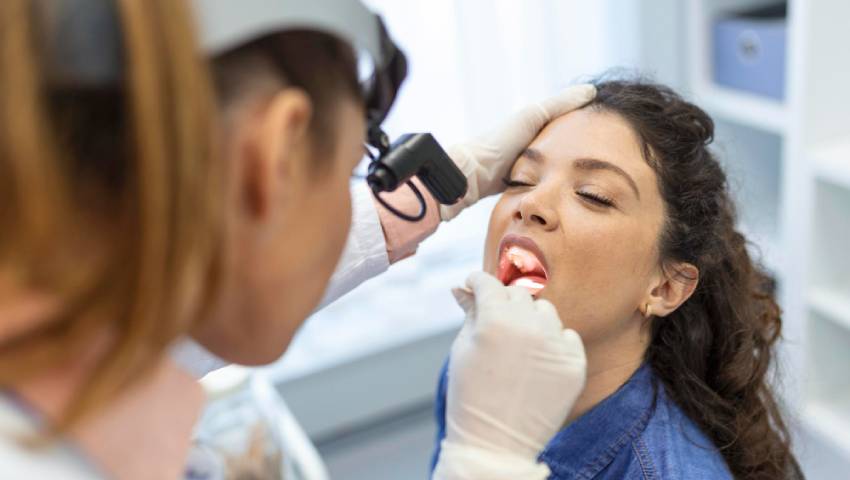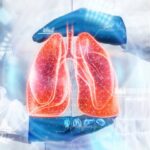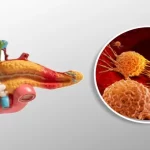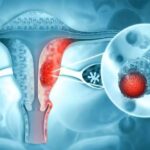
Oral cancer, a type of head and neck cancer, can affect the lips, tongue, cheeks, throat, and other areas of the mouth. Like most cancers, early detection is crucial for successful treatment and improved outcomes. In this blog, we’ll explore the significance of early diagnosis in oral cancer.
Why Early Diagnosis Matters:
Oral cancer can be challenging to detect in its early stages because symptoms may be subtle or go unnoticed. However, early diagnosis offers several benefits:
- Improved Survival Rates: When oral cancer is diagnosed at an early stage, the chances of successful treatment and survival increase significantly.
- Less Aggressive Treatment: Early-stage cancers are often treated with less aggressive procedures, resulting in fewer side effects and a quicker recovery.
- Preservation of Function and Appearance: Early detection may allow for more conservative surgeries, preserving the function and appearance of the mouth and face.
Signs and Symptoms:
Understanding the signs and symptoms of oral cancer can help individuals seek timely medical attention. Common indicators include:
- Persistent mouth sores
- Red or white patches in the mouth
- Unexplained bleeding
- Difficulty or pain when chewing or swallowing
- A lump or thickening in the cheek or neck
- Chronic sore throat or hoarseness
Screening and Early Detection:
Regular dental check-ups are an essential part of oral cancer screening. Dentists are trained to recognize the signs of oral cancer during routine exams. Additionally, individuals can perform self-examinations to check for any unusual changes in their mouths.
If any suspicious symptoms are detected, it is important to consult a healthcare professional promptly. Early diagnosis can lead to more effective treatment and an improved quality of life for those affected by oral cancer.







